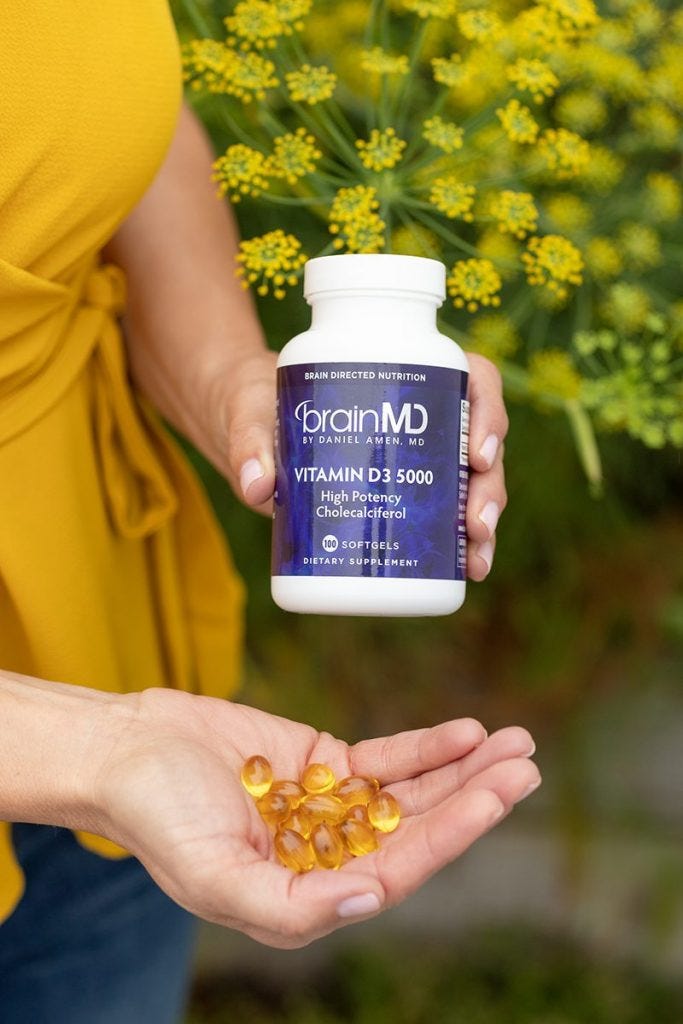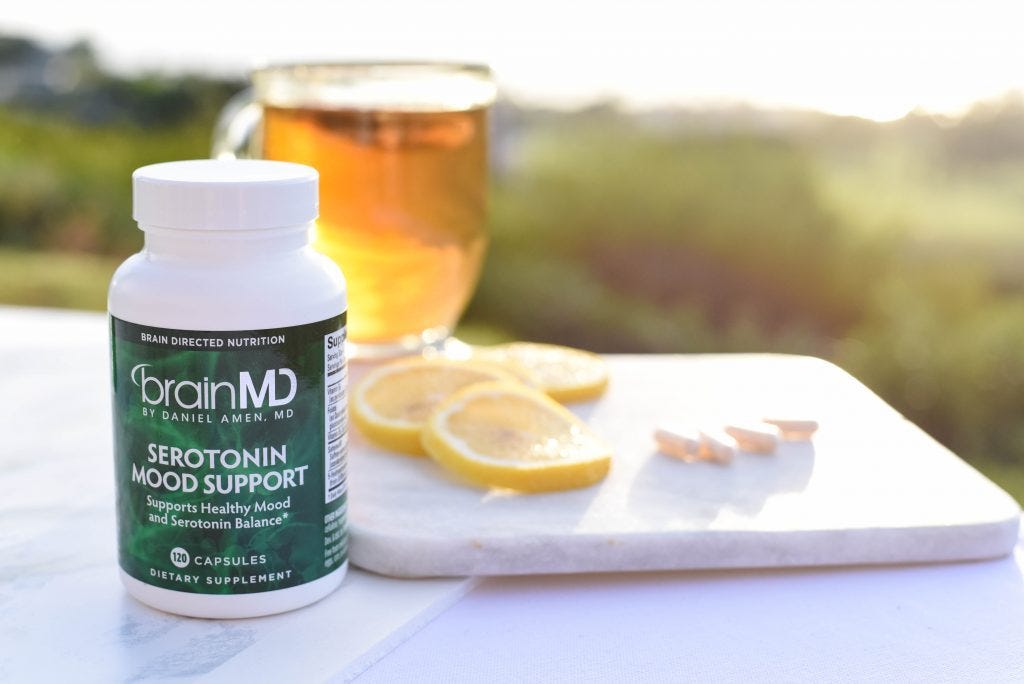How to Improve Your Mood This Winter Season
How to Improve Your Mood This Winter Season
Winter is here. While some people are energized by the crisper air and winter activities, others may experience a downturn in mood and energy during this season.
There are several reasons why the winter months can negatively affect a person’s thoughts and feelings. Due to colder temperatures and inclement weather, the tendency for many people is to stay inside where it’s warm and hunker down for the winter.
Spending more time indoors can create physiological changes in the brain, which can have a significant impact on attitude and outlook. Also, getting insufficient sunlight can trigger the winter blues.
Signs of Winter Low Mood
Many people deal with low mood during the winter months. Whether initiated by the demands of work, relationship challenges or excessive stress, anxious or depressive thoughts can come on without warning. Low mood can contribute to adverse physical consequences and can also lead to possible mental health concerns.
The signs of winter blues may include:
- Negative or guilty thoughts
- Mental fogginess
- Purposefully avoiding social interaction
- Overeating and emotional eating
- Periods of low appetite
- Difficulty with concentration and memory
Since many people dismiss these issues as just feeling down, they may not get the help they need, which can result in serious mental or emotional difficulties.
Low mood can also be brought on by nutrient deficiencies. Here’s a look at two common mood problems that can occur during the winter and some of the best ways to overcome them…
Winter Mood Challenge #1:
Vitamin D Deficiency
The body needs sunlight to make vitamin D. Getting necessary amounts of vitamin D can be particularly challenging during the winter season when there are fewer hours of sunlight and the sunlight itself is less intense. Vitamin D converts to a hormone important for a variety of important life functions, and not having enough can lead to mental and physical health problems.
The lower your vitamin D levels, the more likely you’ll be to feel blue rather than happy. Low levels of vitamin D have been associated with higher incidences of anxiousness and mood issues.
Our Recommendation:
Vitamin D3 5000 IU

Intensive clinical and scientific research continues to make incredible discoveries about this vitamin-hormone and its impact on optimism, physical health, and overall well-being. In the past two decades, researchers have confirmed its favorable effects on healthy gene regulation, calcium metabolism, cell growth control, hormone balance, and coping with stressful challenges. Vitamin D3 promotes:
- healthy mood
- immune response
- cognitive function
- cardiovascular health
- muscle and bone strength
- overall brain health
The current U.S. Daily Value recommendation is 400 IU, but experts agree this is well below the physiological needs of most individuals and suggest 2,000-10,000 IU daily. BrainMD’s Vitamin D3 5000 can rapidly raise your levels on just one soft gel a day.
Winter Mood Challenge #2:
Low Serotonin
The human brain naturally produces a neurotransmitter called serotonin. Serotonin plays many important roles in the brain’s functioning and is involved in maintaining positive mood and optimism, self-confidence, and even healthy appetite and social engagement.
The winter months tend to keep people indoors, which can lead to weight gain, low energy, negative mood and a falloff in serotonin brain activity. As the neurotransmitter that plays a vital role in mood, serotonin decrease is often linked with an increase in depressive thoughts and feelings.
Our Recommendation:
Serotonin Mood Support

- Vitamin B6– Vitamin B6 is fundamental to healthy brain function. It’s also an essential cofactor for enzymes that make serotonin and other key transmitters. It works in harmony with methylfolate and methyl-vitamin B12 to support the brain’s structural brain maintenance and functional efficiency.
- Methylfolate– Methylfolate is pre-activated folate, and is the body’s most readily utilized form of this B vitamin. It’s better utilized than folic acid, which is a manufactured substance not found in nature. Many people cannot efficiently convert folic acid into usable folate (methylfolate).
- Methyl-cobalamin– the body’s most readily-utilized form of vitamin B12, is paired with methylfolate to help ensure the brain has sufficient methyl to make melatonin (our sleep hormone) and has the biochemical tools for renewing and maintaining its nearly 200 billion cells. We avoid using cyano-cobalamin, which contains toxic cyanide.
- Saffron– The world’s most expensive spice, saffron has a long history of being used to induce happiness. Saffron concentrated extracts have consistently improved mood, stress, and other mental functions in many clinical trials.
Lifestyle habits such as seeking out healthy foods rich in tryptophan, and taking a dietary supplement like Serotonin Mood Support can work together to help boost your optimism this winter season.
Improve your mood with pure nutrients and safe, clinically validated herbals backed by science to help clear and calm your mind. BrainMD’s mood-enhancing supplements help you feel happier, calmer, and less anxious naturally.
At BrainMD, we’re dedicated to providing the highest purity nutrients to support your mood and overall well-being. For more information about our full list of supplements, please visit us at BrainMD.
- This Is What You Need to Know About HBOT
Medically Reviewed by Dr. Nicole Avena - April 22, 2024 - Hormone Changes in Men: How to Know If You Have Low Testosterone! - April 15, 2024
- This Is What You Need to Know About EMDR Therapy! - April 11, 2024




What time of day is best for taking vitamins and supplements? Should you take all at once or split up vitamins and certain supplements? Should they be taken with food or will you get better absorption of some items without food? Thanks. #best_uptake
I have the same question. Does someone here have the answers?